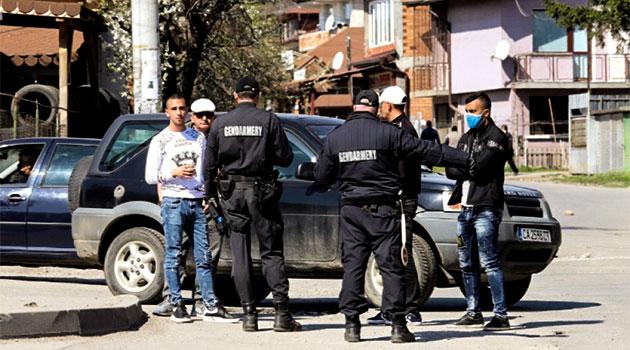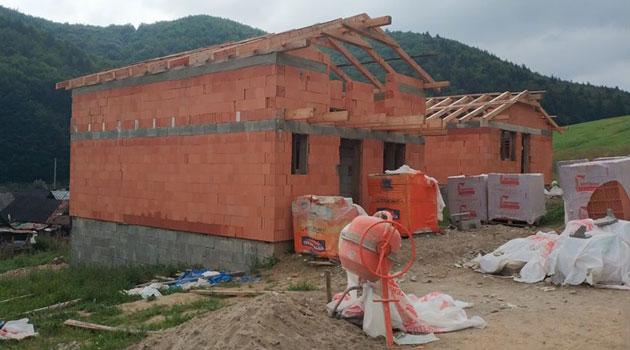Austria's Die Presse: Covert racism is why Europe's Roma are worse off after COVID-19 pandemic

The crisis around the COVID-19 pandemic is impacting Europe’s Romani people. Their pre-existing problems with access to education, employment or health care services have been distinctly intensified over the last year and a half.
Austira’s daily newspaper Die Presse has reported that deeply-rooted antipathy among majority populations toward Romani people is the reason. Czech Radio Plus has now reported on the Die Presse findings.
In February, Noah Leidinger was performing his civil service abroad in Bulgaria and told Die Presse he could not believe his eyes when he first entered a ghetto inhabited by Romani people in Sofia. “I may have known about the conditions in such ghettos from narratives and photos, but to see it in reality is actually an absolutely different experience,” he described.
Romani people are estimated to number 10-12 million throughout Europe and are the most socially disadvantaged minority in practically all of the EU Member States, especially in the Balkans and Eastern Europe. They end up at the bottom of the barrel when it comes to the provision of education, employment and health care.
Die Presse reports that a great deal of research has found that it is mainly the deeply-rooted antipathy of majority societies toward Roma that is to blame for this fact. The novel coronavirus pandemic has now intensified these problems further.
In April, the European Roma Grassroots Organizations network (ERGO) published a study that documents these findings. The survey was commissioned by the EU and the German Foreign Ministry and is based on more than 1 500 interviews with Romani people in seven EU Member States, Turkey, and six Balkan countries.
Most of the Romani respondents reported having no reliable access to drinking water, electricity, gas, the Internet or waste disposal services. Because of a lack of Internet access, pupils have been unable to attend distance learning during the pandemic and have therefore missed an entire year of attendance.
“If you are living with nine children in a shack, you can forget about digital instruction,” Leidinger describes his experience with children from the Romani community in Sofia. The situation there is complicated further by the fact that such ghettos do not officially exist in municipal records.
If such localities are not even recorded on maps, then the dwellings there are without addresses, which means their inhabitants are unable to apply for welfare benefits, for example. Die Presse reports the EU is not taking effective enough steps to improve Romani people’s situations.
An EU Strategic Framework for the Romani Minority was adopted back in 2011, but never led to any visibly positive results; a new version of that policy guidance was launched last year. “The aims of that strategy were never fulfilled in any of its policy areas,” the Open Society Foundations has critiqued the EU in its own report on the issue of the COVID-19 pandemic’s impact on the Roma in six EU Member States.
